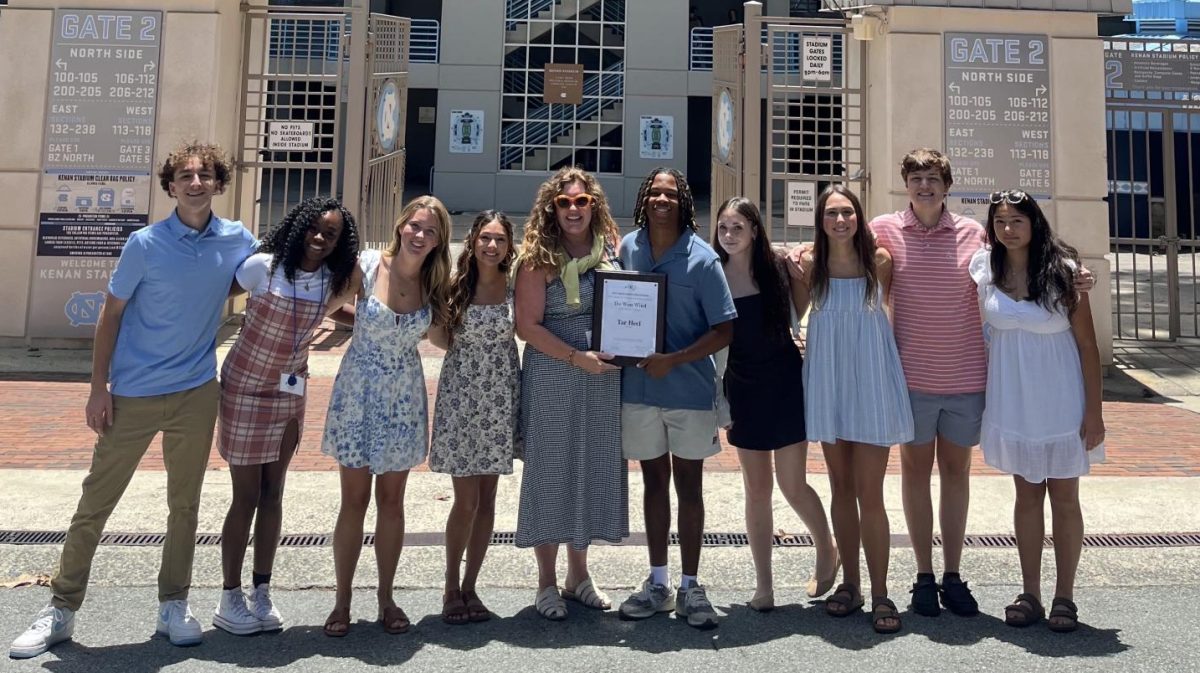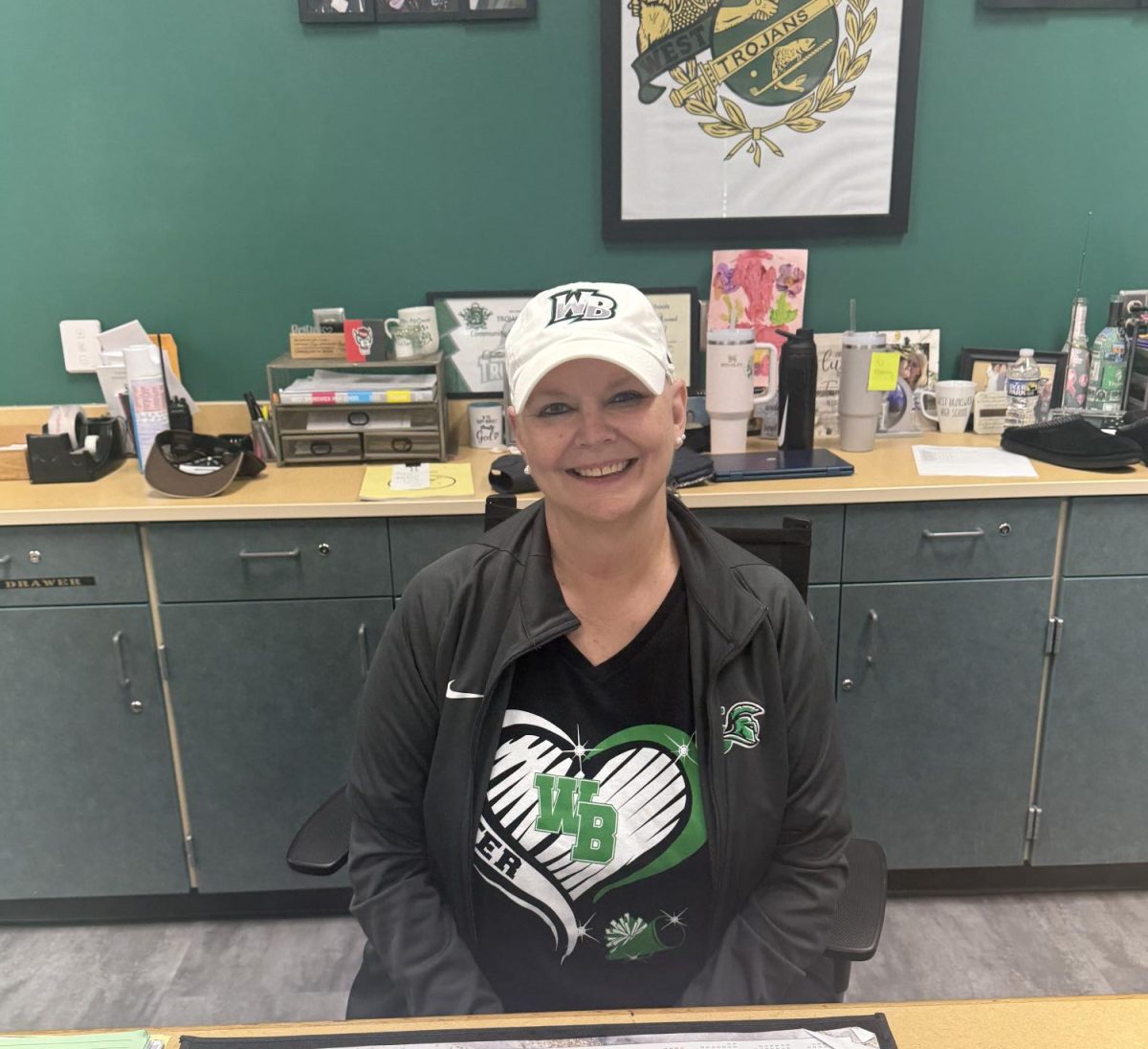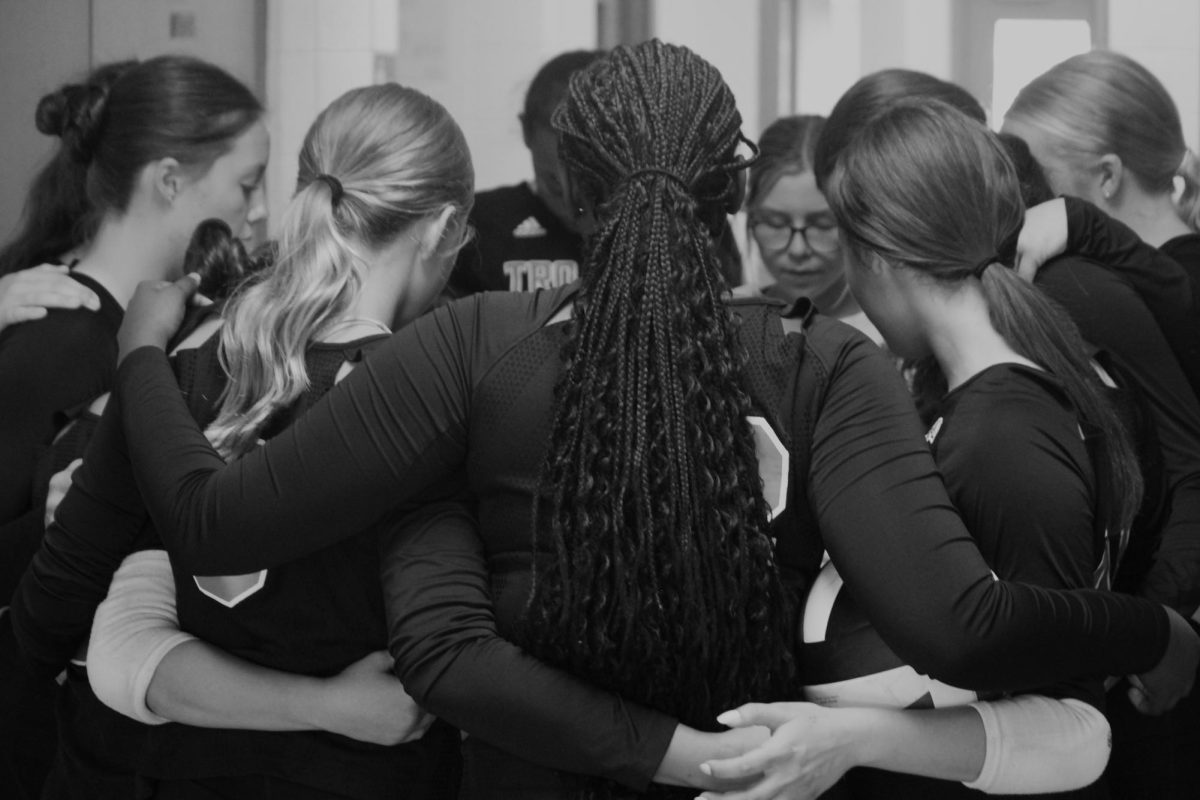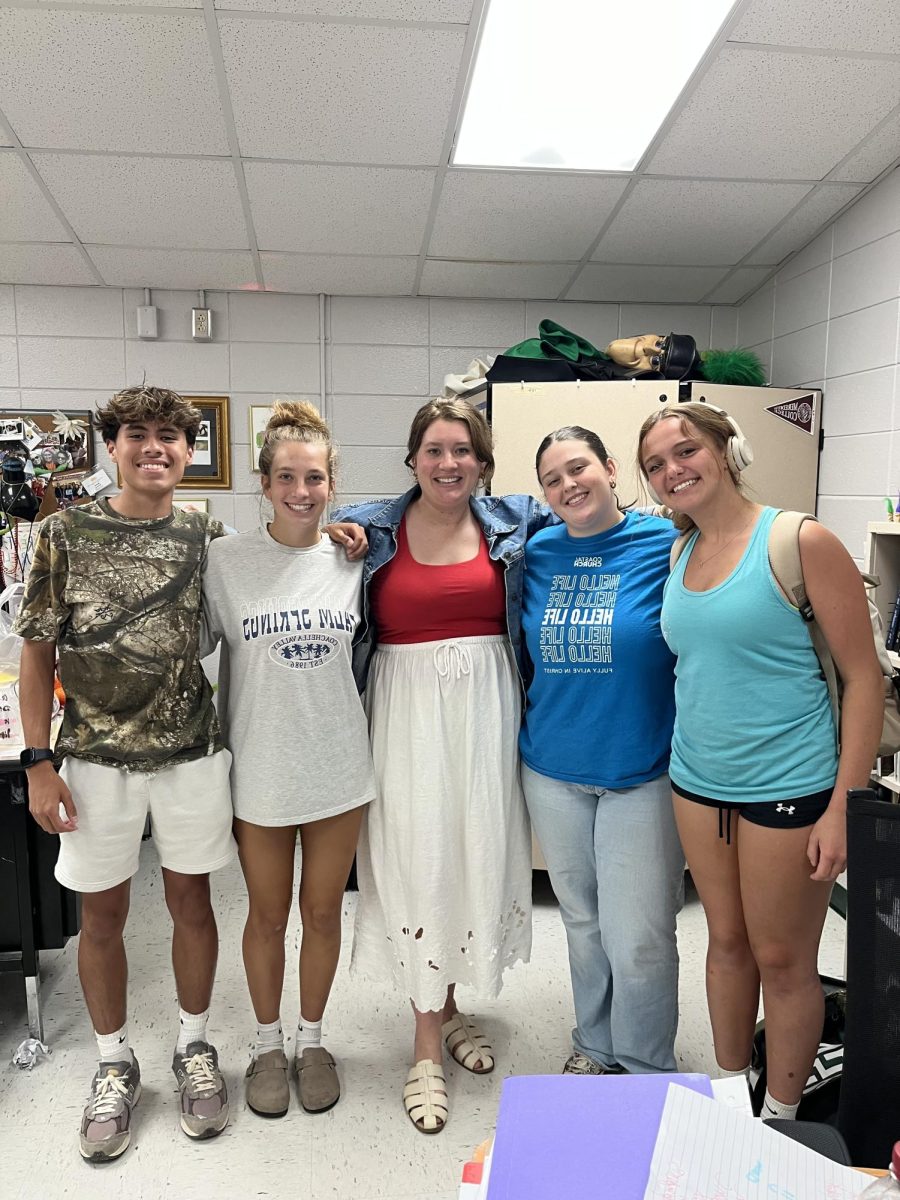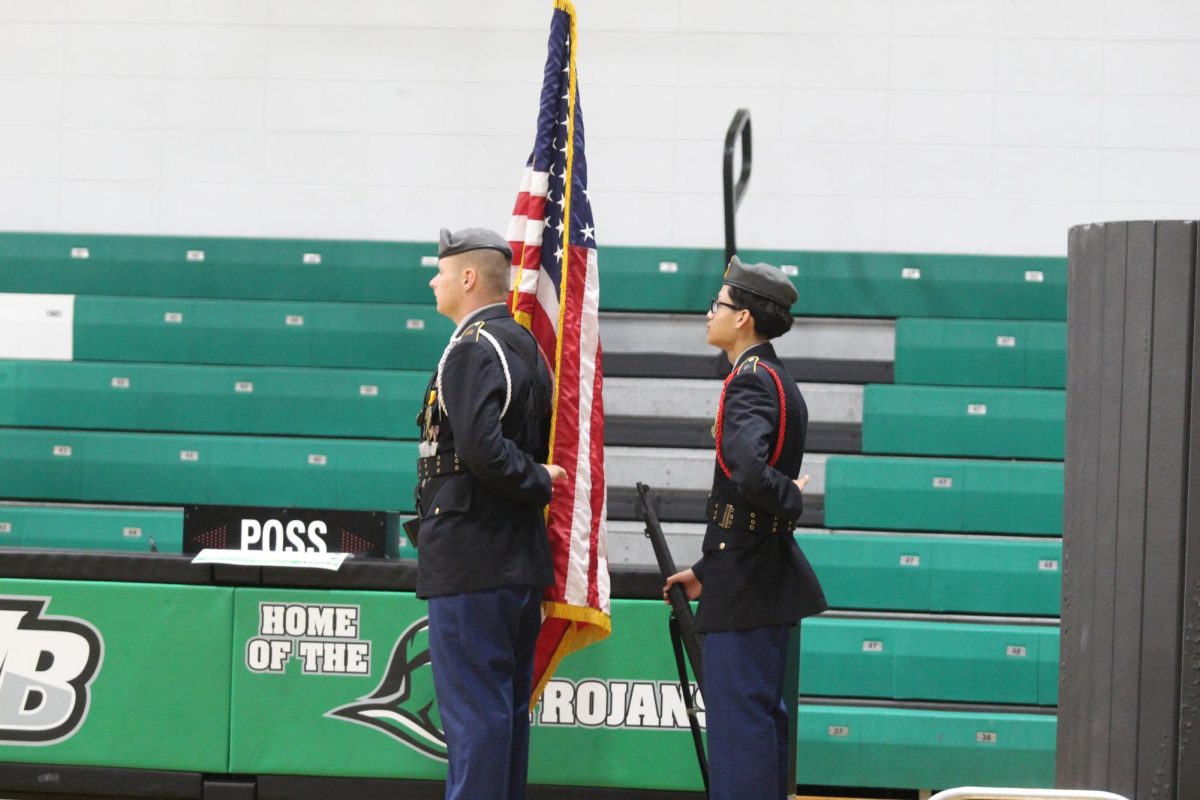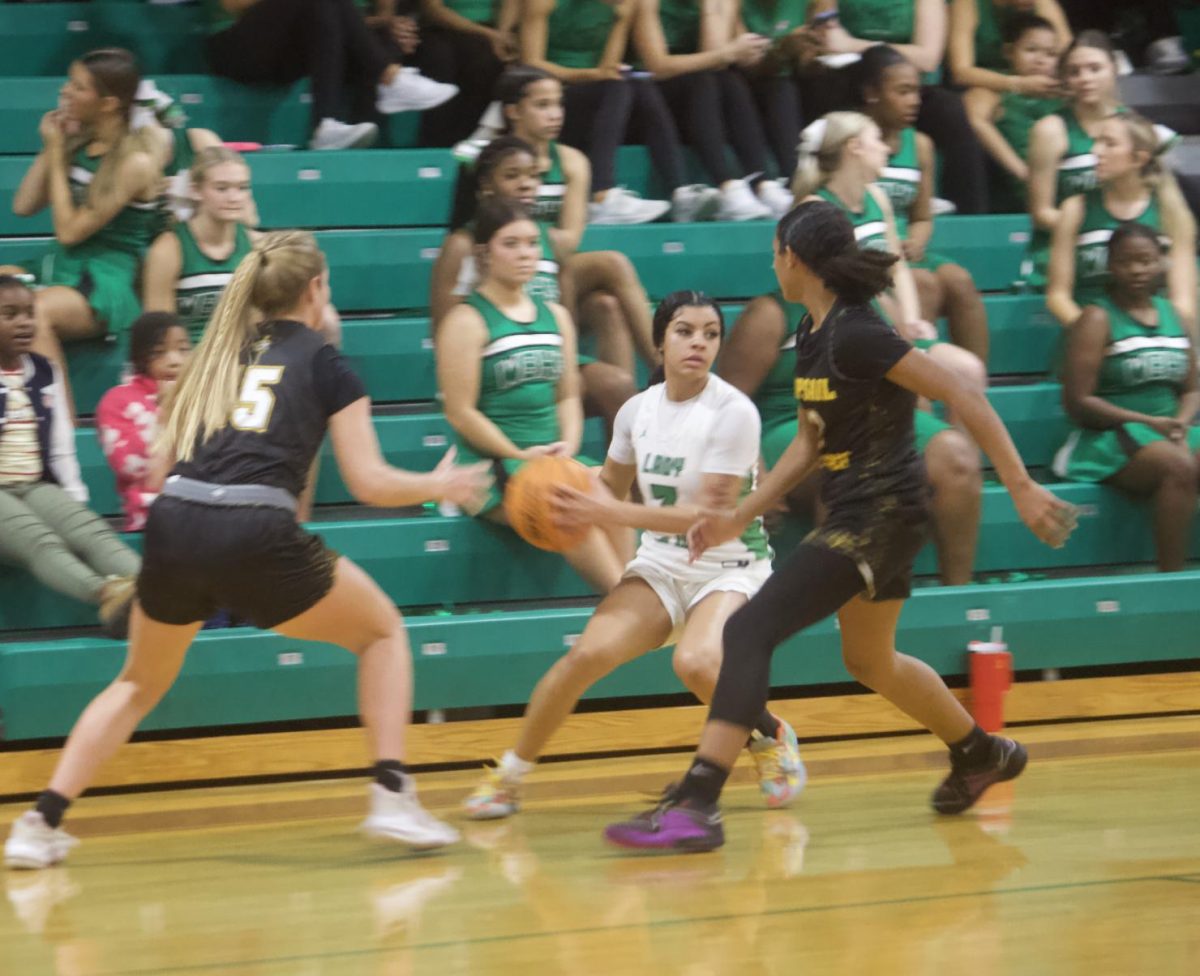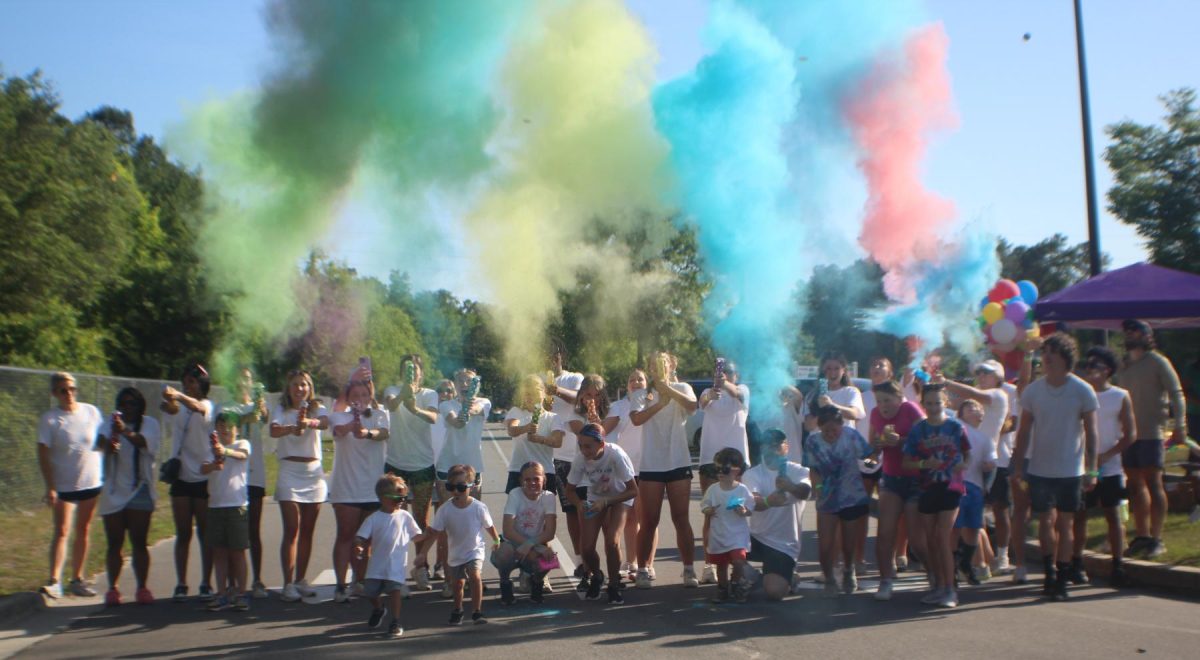With AP classes, BCC courses, honors, on-level, so many electives and even virtual options at our fingertips during registration, not all classes end up with enough students registering–many due to a lack of interest from students. All too often, our AP classes fall victim to the numbers game.
Typically, at least fifteen students must show interest in an AP class in order for it to make. If fewer than fifteen students want to take the class, then it will not be on the master schedule, and students who are interested in the class will have to take an alternative instead. The AP classes that make each year vary; a class that makes one year may not make the next.
“If there’s no interest in the course, then we are not going to offer it,” said counselor Nathan Bell. “Last year I only had four kids interested in AP World, so it didn’t make.”
In order to get students interested in an AP course, teachers promote their class to students and hope that they have gained the attention of enough people.
“AP Bio changed teachers last year because the first teacher retired, so it wasn’t promoted enough, and that class did not make as well,” said Bell. “In AP Chem there weren’t enough students in the class: it was promoted but students were just not interested.”
One of the main reasons why there is an interest requirement in the first place for a class to make is because of the fairness for teachers. For example, if there was no interest requirement, one teacher could end up teaching far more students than another, and it simply wouldn’t be fair for the teacher who has more students to get paid the same amount as the teacher who has very few.
“If I have a class with three kids and the class next door has thirty, how is that fair for a teacher to only have three students when you have thirty?” said Bell.
Besides interest requirements, there are also different requirements/prerequisites that students must complete in order to take different AP classes.
“You are going to have to look at each individual AP course guide, and each one of them has different prerequisites,” said Bell. “However, for most of them you would’ve had to make an 85 or better in your previous course. For example, if you want to take AP Human Geo, then you should have done very well on your English EOC to show that you can read well, and you should’ve had an A in your history class as well. Now with AP Lang, you should be ready for college level reading and writing skills and you should also have an A in your previous English II course. With math, you should be able to take AP Pre Calc if you have gotten at least an 85 or better in Math III.”
A lot of students are deterred from taking AP classes because of the workload and the overall difficulty of the class. They are afraid to fail, so they choose to stay within their comfort zone. However, the truth is that if you come to school regularly, and you are actually ready and willing to learn, then you will likely pass the class with flying colors.
“Some students don’t realize that attendance is a problem,” said Bell. “It should be mandatory because we have students failing AP classes because they aren’t coming to school.”
AP classes may seem daunting, but they help to prepare you for college, and they also help to boost your GPA, so they’re worth taking if you see yourself going down the college path. If you are interested in taking an AP class, talk to your counselor.
“If you are willing to work hard, AP classes are an excellent choice because they really prepare you for college,” said AP Lang teacher Jyll Jacoby-Burns. “They give you a sense of what kind of work you are going to do–not just the amount of work, but the kind of critical thinking you are going to need to do as well.”
Many students who would have traditionally gone the AP route have instead enrolled in BCC courses to earn college credits, which has also led to a drop in AP enrollments. However, proponents of the AP program believe that each path offers something different.
“With the BCC classes, some courses are not offered in AP like communication courses, Art, Art history and music appreciation, so BCC classes are best for those types of courses,” said Bell. “AP classes are excellent opportunities for students to receive in person instruction for a college course. Some students don’t learn well by staring at screens and need an actual teacher to better learn the content. I encourage my students to do both AP and BCC classes because it gives you a little bit of variety.”








